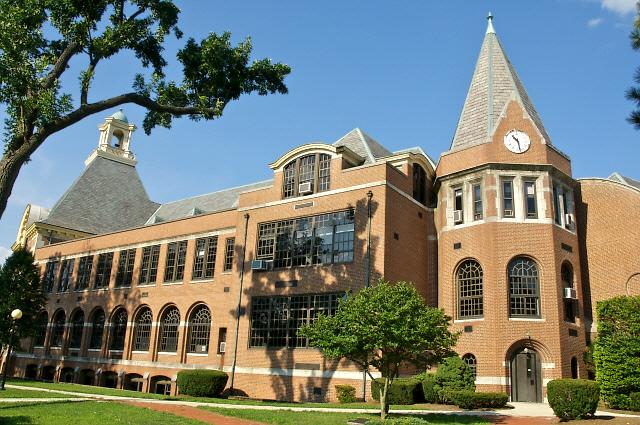Fewer than half of American eighth graders knew the purpose of the Bill of Rights on the most recent national civics examination, and only one in 10 demonstrated acceptable knowledge of the checks and balances among the legislative, executive and judicial branches, according to test results released on Wednesday.I remember Civics being one of the mandatory classes I took in high school. It was a whole semester of learning about how our government works, holding class debates on various issues of the day. Our teacher was dynamic and really encouraged us to understand government so that we could question it, live within it and change it, if necessary.
At the same time, three-quarters of high school seniors who took the test, the National Assessment of Educational Progress, were unable to demonstrate skills like identifying the effect of United States foreign policy on other nations or naming a power granted to Congress by the Constitution.
“Today’s NAEP results confirm that we have a crisis on our hands when it comes to civics education,” said Sandra Day O’Connor, the former Supreme Court justice, who last year founded icivics.org, a nonprofit group that teaches students civics through Web-based games and other tools.
I assume that Civics is covered in social studies or history classes today. Ridgewood High School does have two courses – American Government & Politics and Introduction to the Fundamentals of American Government – but these are electives for students in grades 11 and 12. I don’t know if an entire course on Civics or Government was ever required in New Jersey.
What I do know is that this truly is a crisis. Some people might argue that Civics is an “old fashioned” class. On the contrary, I think it’s even more necessary today. In olden times (when I was a teen), government was something that took place in Washington, D.C., or Sacramento and we regular folks could participate by….hmmm…well, we could write letters to the editor, we could write our Congressmen, we could talk amongst ourselves. Not much of a conversation and not much potential for real impact. Today, with the proliferation of blogs and online magazines and sites devoted to social issues, politics, government, ideas, etc., everybody has the opportunity to participate. There are debates going on everywhere. Everybody’s got an opinion. Unfortunately, not everyone knows what they’re talking about. They don’t understand how our government works. They read posts -- often anonymous -- and have no basis for evaluating the credibility or veracity of what they read.
I think we need civics education now more than ever.
Click here to read the full story in the New York Times.
Click here to check out icivics.org, the website founded by former Supreme Court justice Sandra Day O’Connor, with the purpose of teaching students about civics.





2 comments:
I don't know if it's supposed to officially be included in any of the curricula. I do know I was very surprised a few months ago when my daughter, a junior at RHS taking AP history, didn't know what I considered simple civics questions on a trip to Ellis Island. This was stuff that was second nature to those of us growing up with civics-the three branches of goverment, qualifications to vote, etc. She said they'd never had to learn it.
To someone who posted a comment on this post at 1:45 on May 12...it mentioned something about Ellis Island...did you delete your comment? I seem to be having some problems with the Blogger dashboard...I saw your comment in an email notification, but now it's gone...???
If you did not delete it, and you intend it to be posted, let me know and I'll post it from the email. Let me know! Sorry.
Post a Comment